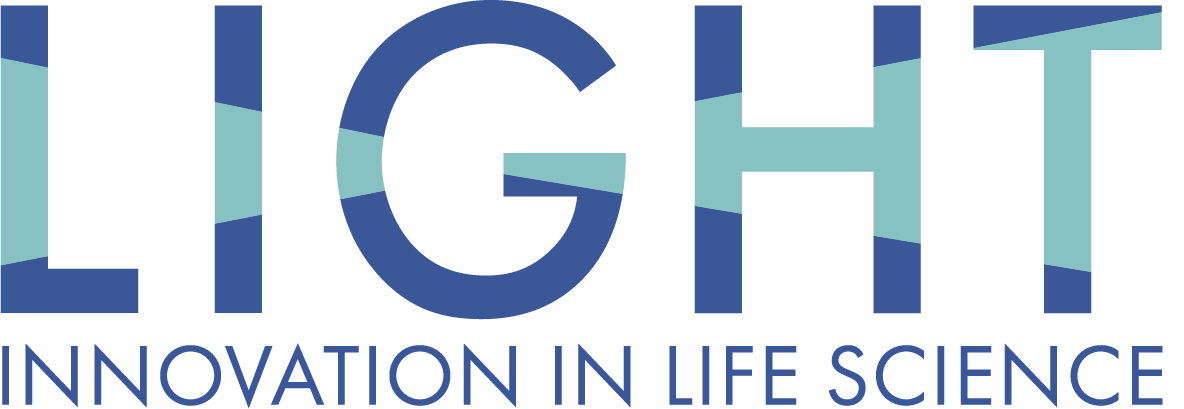Digital Health Care Hub
Hospital of the future, artificial intelligence for precision diagnosis and clinical engineering for organizational innovation and healthcare services management.
Telemedicine, virtual assistance, digital technologies, and sensors for preventive, participatory, and personalized medicine and for the innovation of healthcare services.
Advanced checks and comprehensive solutions in identification and traceability, and in quality verification, to protect drugs throughout their life cycle.
- Telemedicine, virtual care, digital technologies, and sensors for preventive, participatory, and personalized medicine and for the innovation of healthcare services
- Hospital of the future, AI for precision diagnostics and clinical engineering for organizational innovation and healthcare services management
- Advanced controls and Track & Trace solutions and Quality Inspection, to protect drugs throughout their life cycle.
Future hospital laboratory: a laboratory dedicated to the development of a model/environment for a smart hospital including:
- Smart lockers and refrigerators (for drugs and medical devices) equipped with smart light indication system, wifi connection board, sensors, smart lockers, barcode readers, and all technologies that allow for traceability of drugs and medical devices.
- Smart carts, equipped with smart light indication system, wifi connection board, barcode readers, printers, desktop PCs, etc.
The smart platform aims to improve many organizational and logistical aspects in operating rooms thanks to the creation of the Geographic Information System (GIS) that maps the Hospital to support the optimization of care pathways in the hospital and the provision of innovative high-tech services focused on the well-being of patients and healthcare operators.
Telemedicine laboratory: the laboratory will develop technologies to support human well-being, with a set of hardware and software for Artificial Vision (cameras, sensors, other electronics) to support the development of new applications for the sick, elderly, and fragile people. Telemedicine technologies will develop from the Antares Vision SWP platform, which sets high-impact goals, such as reducing errors in drug administration. The platform virtually eliminates drug wastage caused by their expiration; digitally captures all the patient's physiological parameters; generates a series of additional data needed to assess patient behavior during therapy; aggregates and analyzes data associated with a patient using IoT technologies; monitors the department's activities and tracks every activity. A server infrastructure hosts cloud-based systems and supports high-speed processing of interconnected technological areas.
Quality inspection and traceability laboratory: will develop inspection solutions for the pharmaceutical industry to ensure the consistent quality of any product. It will provide: precise detection technologies to optimize efficiency ensuring true reliability of contents, packaging, and production processes, to ensure the end-user's safety within the pharmaceutical industry, monitoring, preventive and predictive maintenance on devices, machinery, and production lines for efficiency maximization; quality inspection systems to manage a large product input volume to ensure that every single sellable unit has been thoroughly checked, approved, and released into the supply chain in a pristine and safe state; traceability solutions for lifetime traceability of pharmaceutical products along the supply chain (from production and logistics to verification operations, distribution, and retail), to enhance product safety and ensure supply chain reliability; turnkey traceability solutions with serialization modules, latching systems, e-pedigree legislation, and flexible software suites, to meet global regulatory and compliance requirements to ensure the safe production and distribution of pharmaceutical products, drug traceability regulations, and to combat the risk of counterfeiting, illegally imported or stolen drugs, and fraud to the reimbursement system.
